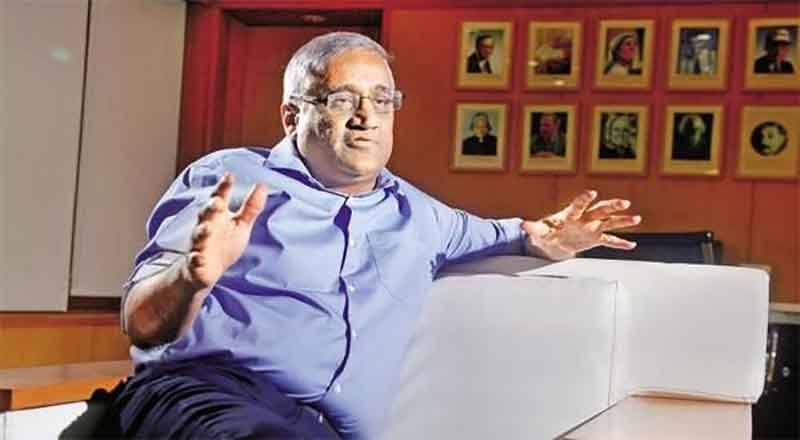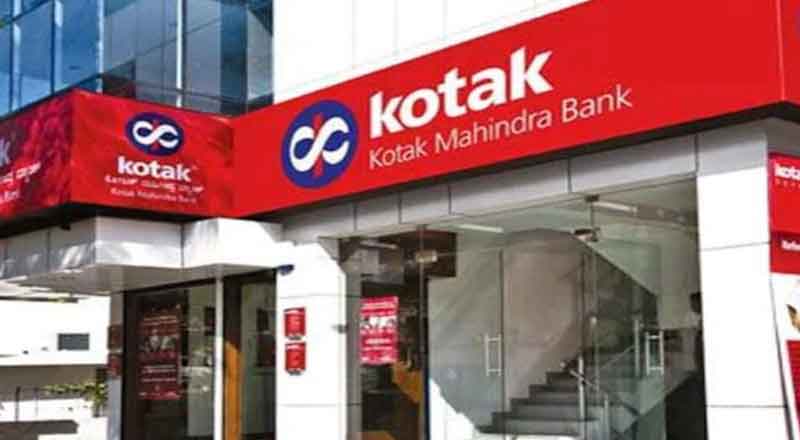Kishore Biyani-led Future Group has scaled down its e-commerce venture, Retail 3.0 and laid off 350-400 employees.
The layoffs across roles in sales, product development, marketing and ground operations were carried out in the last few months, four former employees privy with the development said on condition of anonymity.
The closure of 140 EasyDay stores in November was part of the same restructuring exercise, said one of the two people cited.
While announcing Future Group’s e-commerce strategy in 2017, Biyani had stressed blending technology with his existing physical stores. “The idea was to convert the entire offline journey of a Future Group consumer into the online world,” said the second person cited earlier.
Towards the end of 2016, the retail major began hiring to build digital assets to support a new e-commerce strategy. Biyani unveiled the Retail 3.0 initiative at a Nasscom Product Conclave in November 2017. By 2018, it had 500-600 employees building different digital assets for Retail 3.0. In November 2018, e-commerce giant Amazon bought a 9.5% stake worth ₹2,500 crore in Future Group.
Last week, Amazon and Future Group said Amazon India would become the authorized online sales channel for Future Retail Ltd stores and Future Retail would ensure the participation of relevant stores on the Amazon India marketplace and its programmes.
Future Group announced a research and development unit named C&D (Consumer and Digital) Labs in Bengaluru in April 2017. “They (C&D Labs) were developing a map of the entire journey of a Future Group consumer… basically a psychographic analysis of the buyer,” said the first person cited earlier. “For example, if we knew the age and gender and marital status of the customer, we could figure out what kind of products could be marketed to him or her from a pool of previous order history of similar customers.”
By 2019, Future Group decided to pull the plug and massively scale down its digital strategy due to the slowdown in retail spending and delays in proposed investments in the e-commerce venture.
Some of the fired employees were working on two key digital assets, including storefront software for managing loyalty programmes at physical stores and a hyperlocal delivery app called EasyDay. The storefront software was built to ease on-boarding of customers to the loyalty programme priced at ₹999 a year.
The programme was also linked with the EasyDay app, where paid members receive a 10% discount on each order. However, the app is currently limited to customers in the Delhi-National Capital Region.
The EasyDay app in its beta phase was rolled out to 22 stores in north India, but never made it out of the testing phase, said the two people cited earlier.
When Future Group began shutting stores in 2019, customers began seeking refunds and the company started shifting memberships to other nearby EasyDay stores as a solution, the second person said.
“Future Group collected around ₹38 lakh worth of memberships through its ₹999 initiative, but since the delivery product never made it out of the beta phase, it never saw a national rollout,” added this person.
“When a traditional retailer like Future Group starts investing in e-commerce, the company should be sure of how deeply they want to integrate technology into their units, and whether they want to build it from the ground-up or start with acquisitions,” said Harminder Sahni, managing director at Wazir Advisors. “And with the latest Amazon and Future Group tie-up, it’s clear that the new strategy for Future Group is getting into an omni-commerce model. But they are unlikely to stop with just this model; since they are very adaptive to new technologies, one could expect them to come out with newer models to sell online sooner.”





